What to know about the United States’ relationship with Saudi Arabia

Despite Trump’s anti-Muslim rhetoric, he can expect a big welcome from the royal family. (May 19, 2017)
- Share via
Relations between the conservative, oil-rich kingdom and Trump’s predecessor,
But even on such friendly territory, there are points on which longstanding U.S. interests diverge from those of the House of Saud, the ruling royal family. With Trump making his world-stage debut just after an outcry over his reported disclosure of highly classified information to the Russians, his aides will try hard to keep him on script. But Trump’s access to Twitter and a major address during the Saudi stop could leave some latitude for off-the-cuff presidential asides.
Here is a look at some of the issues underlying the U.S.-Saudi relationship:
Graphic: Explaining the terms of the Iran Nuclear deal »
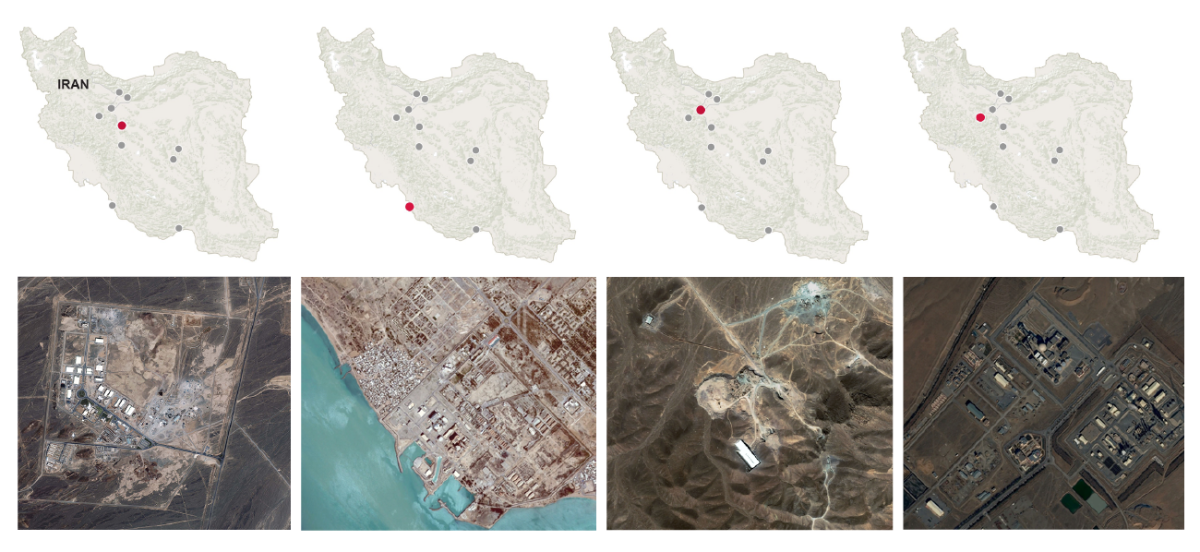
1. Iran nuclear deal
The landmark nuclear accord by the U.S. and five other world powers with the kingdom’s Shiite Muslim rival Iran has rankled Saudi Arabia since the deal was struck in 2015. After splashy campaign promises to tear up the agreement, which he has called the “worst deal ever,” Trump’s administration recently certified to Congress that Iran was abiding by the accord’s terms — though the administration also said it was conducting a comprehensive review of the pact. There’s little question that Saudi Arabia sees Trump as like-minded on the subject of the nuclear deal — and will be eager to try to make him even more so.
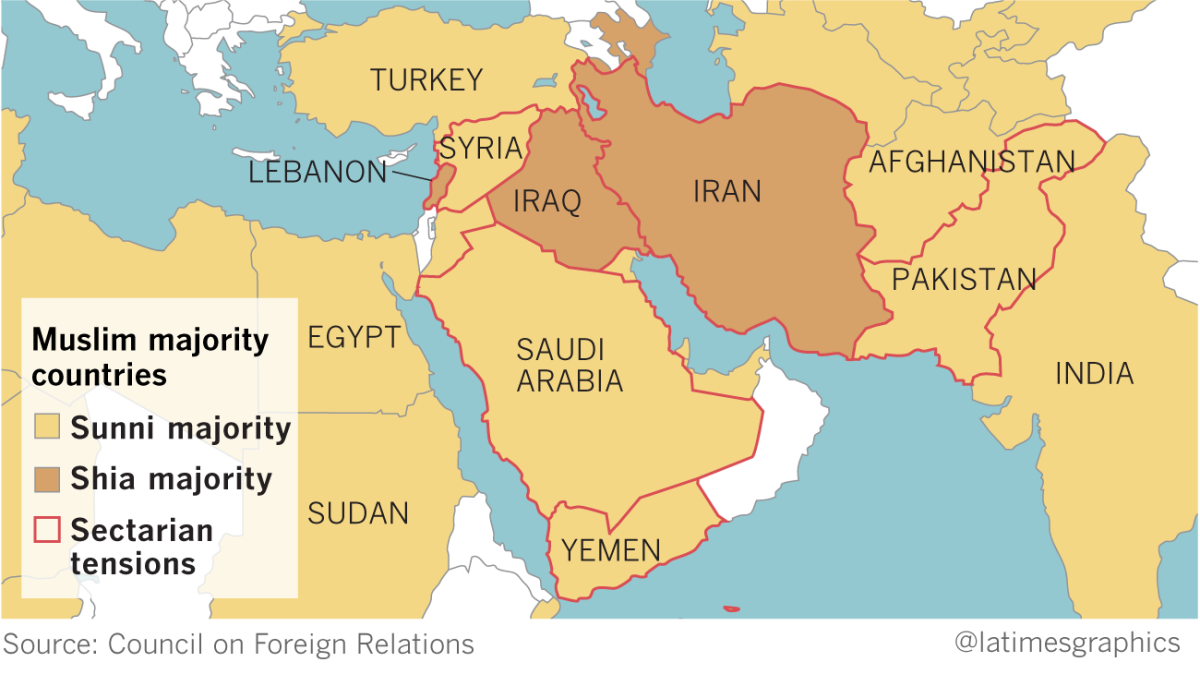
2. Sectarian tensions
Trump’s national security advisor, H.R. McMaster, said the Saudi stop is meant to “unite the broader Muslim world.” But if not handled carefully, the visit could heighten antagonism across the Sunni-Shiite divide — including with the Shiite-led government of Iraq, a key U.S. ally. The great majority of the world’s Muslims are Sunni — estimates range from 85% to 95% — but the 1,400-year-old sectarian split continues to drive proxy conflicts across the region to this day.
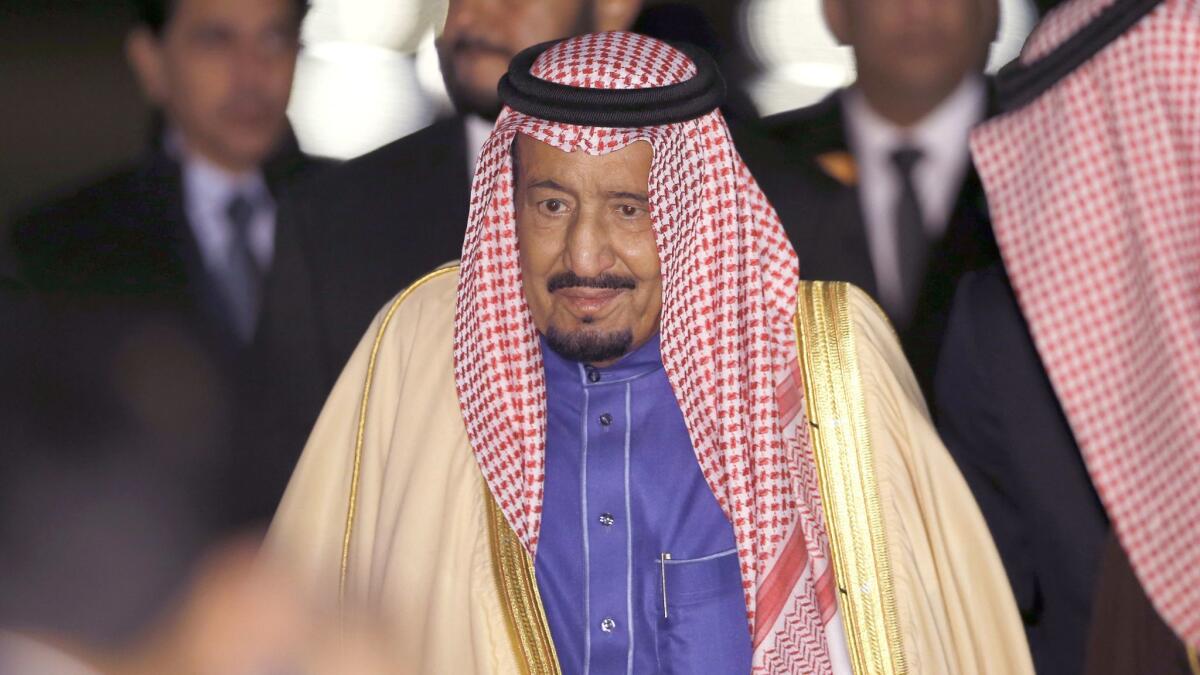
3. Power, and power behind the throne
Trump’s main ceremonial interlocutor will be 81-year-old King Salman, who ascended the throne in January 2015 and is the absolute monarch — that is, the head of government. Other influential figures include the king’s 31-year-old son Mohammed bin Salman — known in Washington circles as “MbS” — who is defense minister and deputy crown prince. Like Trump’s son-in-law, Jared Kushner, the young deputy crown prince has a broad portfolio, encompassing economic affairs, the national investment fund and the oil monopoly. Palace intrigue is a backdrop of daily life, with the royal family encompassing thousands of princes and princesses. And while the kingdom’s revenues have been dented by low oil prices, royal displays of ostentatious wealth might discomfit some visitors — but probably not Trump.
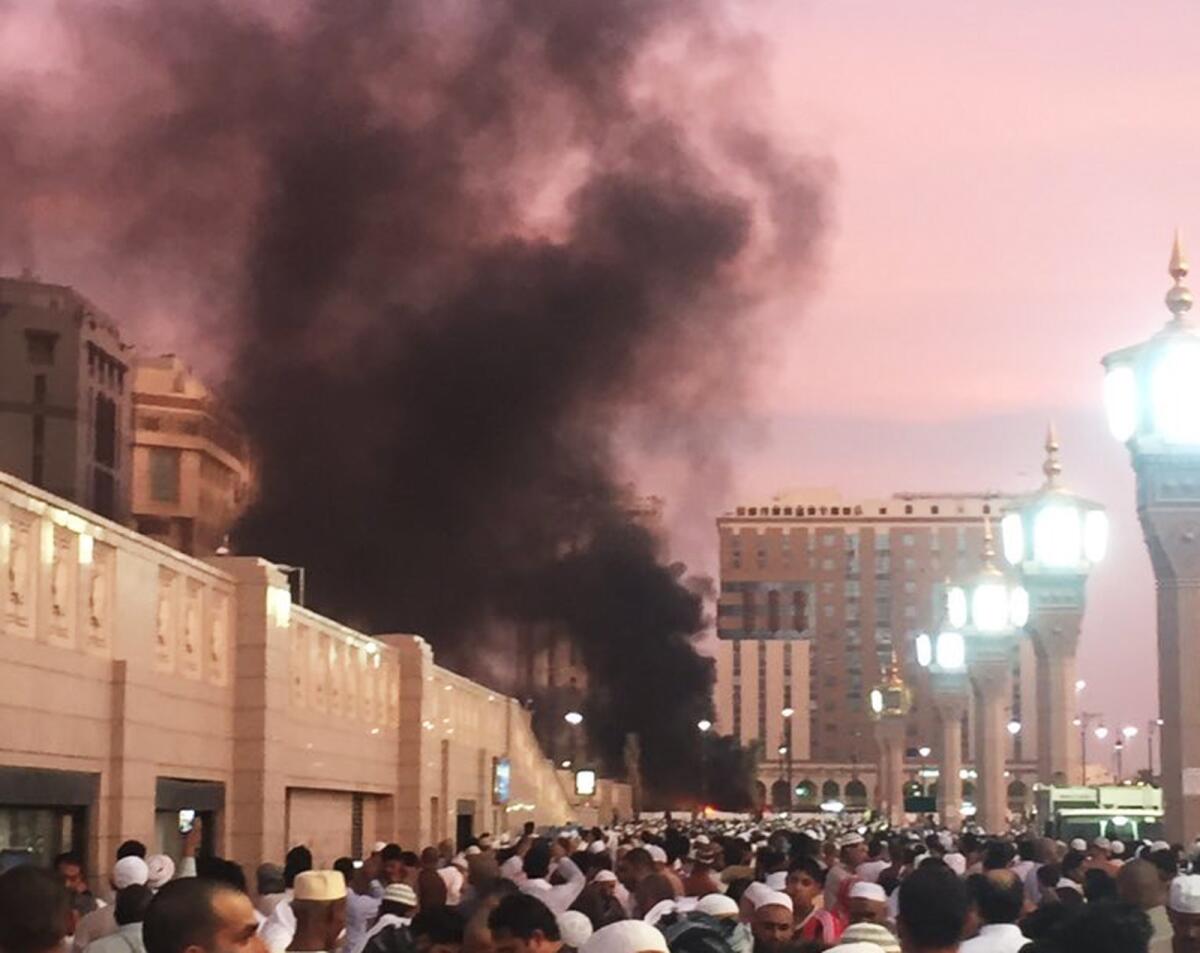
4. Islamic State
Critics see Saudi Arabia’s austere brand of Wahabbi Islam as a wellspring of violent jihadist ideology — despite the kingdom’s own well-publicized domestic battle against groups like Islamic State and the toll of terror attacks staged by the group, and Saudi participation in the U.S.-led military campaign against the extremist group in Syria and Iran. Saudi Arabia claims some success in the government programs to “deradicalize” disaffected young men, but critics question whether such efforts yield large-scale or sustained success.
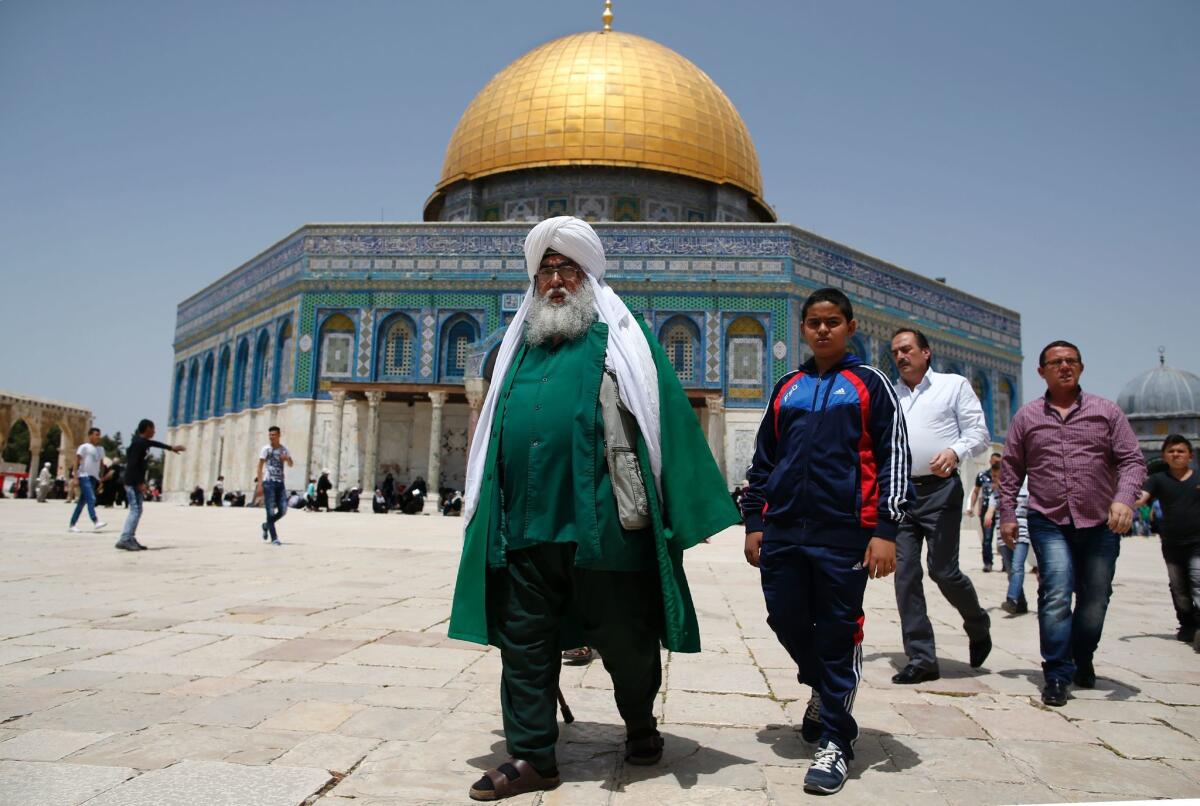
5. ‘Outside-in’ and Israel
The White House hopes to enlist the aid of Sunni Arab states like Saudi Arabia and the United Arab Emirates in helping craft a peace accord between Palestinians and Israelis. That idea, known as the “outside-in” approach to Mideast peacemaking, has been around since at least the early 1990s. But the consensus among regional experts is that while Gulf states are more than willing to engage in behind-the-scenes cooperation with Israel on security and economic concerns, overt diplomatic recognition is unlikely without the creation of a Palestinian state. Egypt and Jordan remain the only Arab states with peace treaties with Israel, which is on Trump’s travel itinerary.
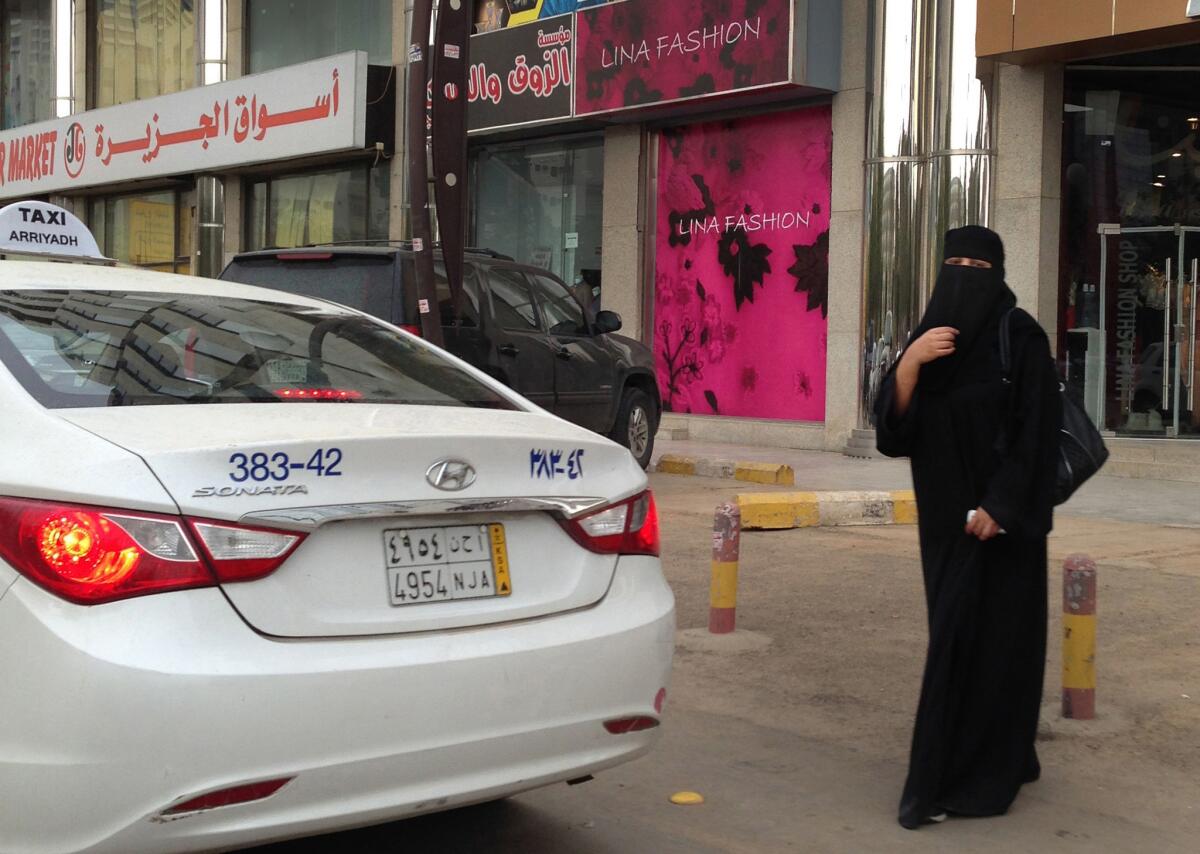
6. Women’s rights
Women in Saudi Arabia aren’t allowed to drive, despite a long fight for rights that at times has seemed to gather momentum. King Salman last month announced reforms to the “guardianship” system, under which women need permission of a father, husband, or even a son for many life decisions — but rights groups say the relaxed rules still mean women need a male relative’s consent to travel abroad or marry. German Chancellor
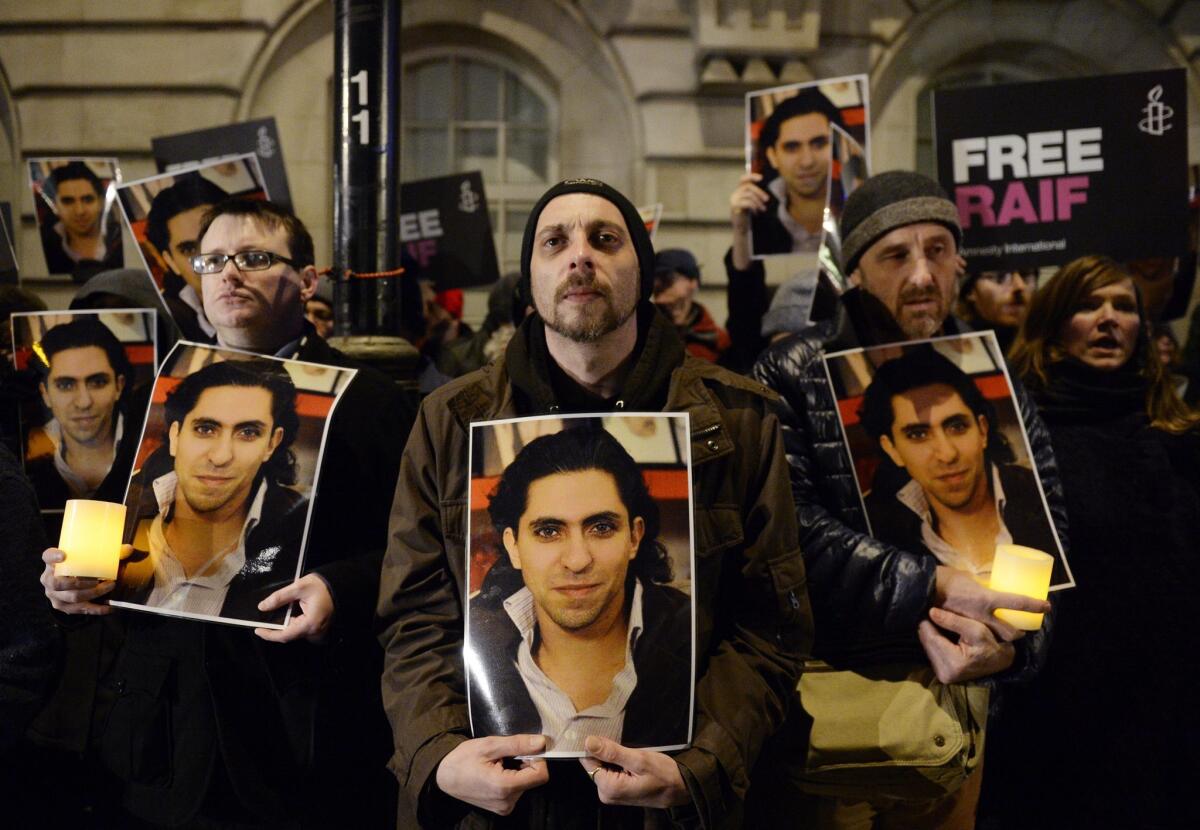
7. Other abuses
Saudi Arabia is consistently the target of criticism by international rights groups and other Western governments over practices like execution by public beheading, and the leveling of religious-based charges such as apostasy or insulting Islam against activists like blogger Raif Badawi, who is serving a 10-year prison sentence and has been publicly flogged, or the poet Ashraf Fayadh, whose death sentence was commuted. The Trump administration has been criticized for failing to make human rights a fundamental part of U.S. policy. But presidential aides say quiet “asks” work better than public demands, citing the case of Aya Hijazi, a young Egyptian-American who was freed after Trump’s red-carpet welcome at the White House for Egypt’s strongman president, Abdel Fattah Sisi. Critics respond that such instances of clemency are mainly symbolic, leaving thousands across the region imprisoned under harsh conditions.
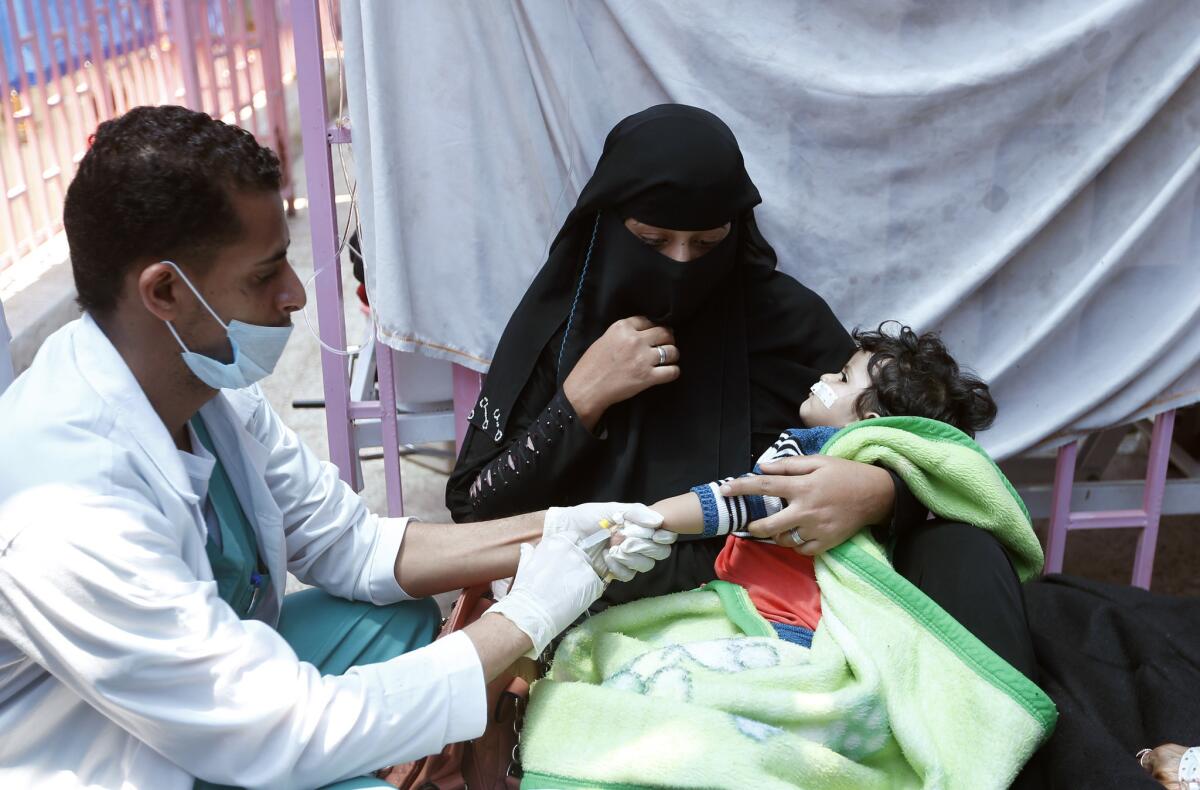
8. Arms
The United States and Saudi Arabia are reportedly close to agreement on a series of arms deals amounting to more than $100 billion, elements of which could be unveiled during Trump’s visit. But the role of American weaponry in a Saudi-led military coalition’s bombardment aimed at Houthi rebels in Yemen has drawn denunciations at home and abroad. Critics such as Sen.

9. Shadows of 9/11
The kingdom was home to 15 of the 19 hijackers in the attacks of Sept. 11, 2001. In the waning months of the Obama administration, Congress overrode a presidential veto and enacted the Justice Against Sponsors of Terrorism Act, known as JASTA. Saudi Arabia, which vehemently denied any official culpability in the attacks, waged a concerted and expensive lobbying effort against the measure, which triggered fresh court battles by hundreds of victims’ families to win restitution and an apology from the kingdom. Trump publicly supports the measure, but Saudi Arabia would like to see the act amended or scrapped.
Sign up for Essential California
The most important California stories and recommendations in your inbox every morning.
You may occasionally receive promotional content from the Los Angeles Times.







